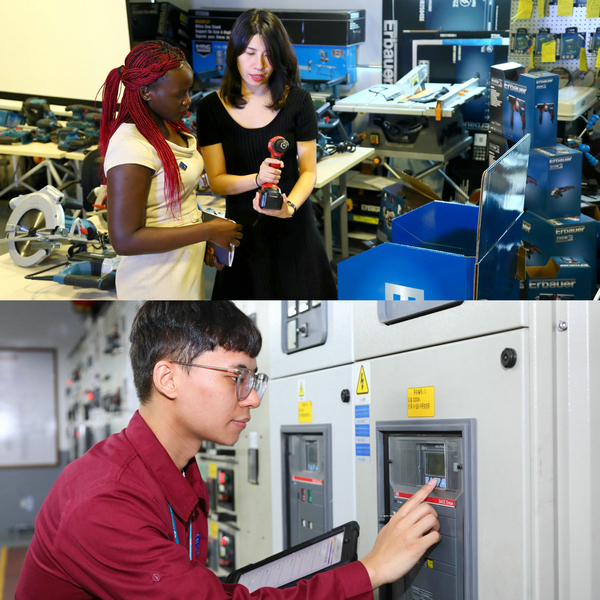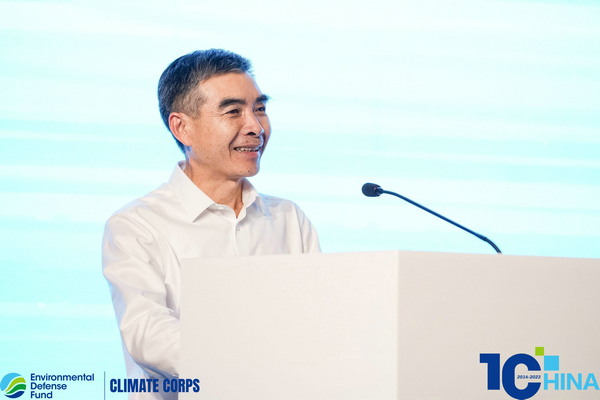Nurturing climate leaders for low-carbon future


The program’s first six years in the US bore fruit, leading to its expansion to China.
“It was a huge success in the US. In the first year alone, we found millions of dollars in cost savings for the six or seven companies that participated. And the companies wanted to come back the next year and do more and more,” Murray recalled.
The organization also found that many host companies were multinationals with operations and supply chains in China, and many program fellows, students from top American universities, were international students from China who were eager to bring what they were learning in the graduate programs and through Climate Corps back to opportunities in China.
“It was also important to us because the US and China are both major global economies but also major emitters of greenhouse gases. So it was a natural extension to go to China next so that we could work in two of the geographies most important to solving climate change,” Murray told the China Daily website during a video interview.
“We spend a lot of time making sure that we match the students’ interest and expertise with the companies and projects they’re going to work on because we want both the students and the projects to be successful,” said Murray.
Two teams at EDF work closely to ensure that every Climate Corps summer internship proceeds with a high level of engagement and quality. One team recruits talented fellows from the best Chinese universities and offers them training before they start the internship. The other team recruits leading companies to host the fellows, develops work plans, and supports them throughout the program. An engagement manager also meets with the fellows at the midpoint and in the end to ensure that things are going well.
After running for a decade, the Climate Corps China program has become a launching pad for many fellows into a sustainability career in various sectors.
For example, Qian Li, from the 2021 Climate Corps class, was tasked with managing a project involving factory carbon inventory and enhancing energy efficiency for PMI suppliers during the summer of 2021. Now, she is actively spearheading carbon-neutral project investments at a Fortune 500 company.
Qihui Gao, from the class of 2019, spent her summer at LONGi Solar, where she developed a greenhouse gas emission accounting model and formulated ESG recommendations. Now, she is a negotiator and researcher at the National Center for Climate Strategy and International Cooperation of the Ministry of Ecology and Environment.

“The EDF Climate Corps program has creatively established a platform, enabling companies to tap the expertise of young professionals to move forward projects related to energy conservation and emission reduction and expanding the pool of professionals to help deliver on China’s ‘dual carbon’ goals,” said Bai Guoqiang, deputy director at the Shanghai Municipal Bureau of Ecology and Environment.
In charting the course for the program’s another ten years ahead, Murray said much work is left to do to support China’s commitment to its “dual carbon” goals.
Apart from engaging more companies, the program looks to diversify the participants by opening up more opportunities to international students from the Global South like Soo, ensuring they can take the experience and learning from the program back with them, filling the talent gap in their home countries.
The program will also send more fellows to conduct research in China’s rural areas, helping cut agricultural production emissions and achieve green, low-carbon rural revitalization.
Now running in the US, China, and India (since 2021), the EDF Climate Corps program has recruited more than 1,500 fellows working with over 600 leading companies and organizations, cultivating a network of 2,500 climate leaders and practitioners. Together they have helped identify energy savings worth more than $1.6 billion, the equivalent of over 2.2 million metric tons in carbon emissions.




































